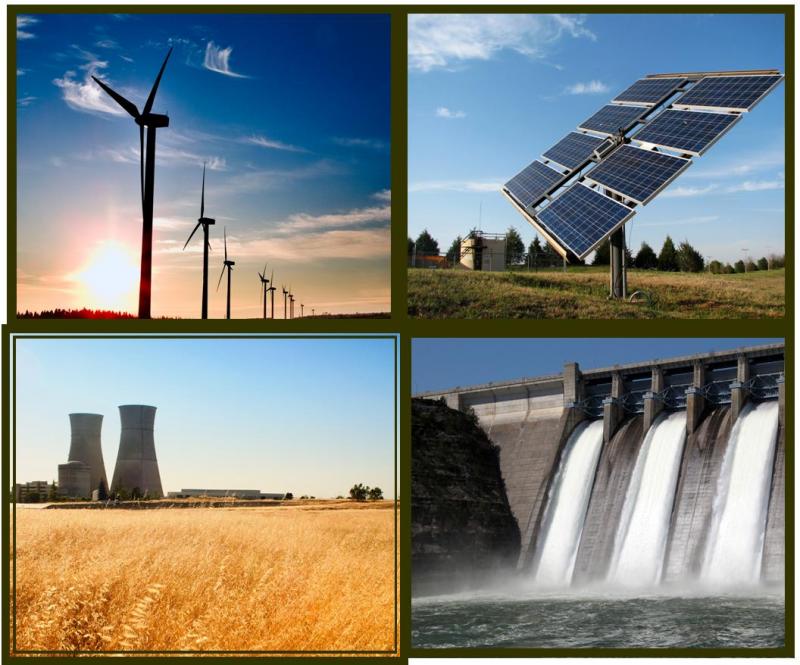5 Things I Wish I Knew Before Traveling to Brazil
1. Caipirinhas are nothing more than excessively sugary mojitos.
...but that's okay. The breathtaking beaches will take your mind off the inundation of sugar.
2: In contrast to taxi-TV's for passenger viewing in the U.S., the taxi-TV's in Brazil exist solely for driver pleasure. Don't worry. As long as there is not a futebol game on, you're probably fine.
3: A hotel wake up “call” set for 7:30 AM is apparently equivalent to a bellhop knocking on your door at 8:10 AM. On the plus side, there are no clocks in the hotel rooms, (perhaps, I am realizing now, strategically), so as long as you don't check your cell phone, you should feel no fear of being late.
4: When a waiter places ten sausage links on a stick in front of your face he is not doing so to be friendly…(but what’s not friendly about 10 sausage links on a stick?!)…in fact, you have to pay for this.

5: There seems to be a misconstrued interpretation of “pizza” in Brazil. Enough said.
If you recently tuned in, you may be wondering...
What was TheSustainableInvestor doing in Brazil?For those of you who missed my first post on The Climate Reality Leadership Corps (shame on you), here's a recap:The brainchild of Former U.S. Vice President and Nobel Laureate, Al Gore, The Climate Reality Project was founded on the premise that educating the world on climate changes and solutions can encourage the necessary action to sustain life on Earth. That change, world-wide, is vital.On November 4 - 6, I joined hundreds (700 to be exact) in Rio De Janeiro, Brazil for the 26th Climate Leadership training with Al Gore. In attendance were esteemed scientists, business & political leaders, world-class communicators, and the more mundane, like myself, eager to learn.Now you're probably wondering: what did I learn? If you haven't already read the below, you're missing out. Big time.10 Things You Might Not Have Realized - And Need to Know - About The Climate CrisisWhy Brazil?Brazil has the potential to become an emerging powerhouse and will prove to be a key stakeholder in the pending UN climate negotiations.Brazil is at somewhat of a tipping point –Just this year, in 2014:
- In January, Brazilians lived through the hottest month on record.
- From May – July, 300,000 Brazilians were inflicted by floods.
- Severe drought forced water rationing in 142 different cities.
- Drought also affected coffee production (Brazil produces about 40% of the world's coffee).
- Increased temperatures has created pressure on Brazil's electricity system, due to excessive energy consumption through indoor air conditioning. Energy prices are expected to double.
- The Amazon is at extreme risk. Globally, Brazil has the highest rate of deforestation. Species are dying, including humans.
Predictions...
- Global sea levels will rise between 1-2 meters by 2100
- Precipitation will decrease by 35% over the next 30 years, causing extreme drought.
- Agricultural losses will, by 2020, cost the country 7.4 billion USD in grain crops. If climate change is unmitigated, this projection rises to $14 billion (USD) in losses.
If you are now feeling happy you don't live in Brazil (or sad that you do), think again. These issues are occurring, in varying degrees, everywhere around the globe.SO WHAT CAN BE DONE? Pictured above (clockwise), energy derived from wind, solar, hydroelectric, & geothermal power.The impediment is, as expected, the economics. Until alternative energy reaches grid parity (equivalent or cheaper cost than "dirty energy"), there is no monetary incentive to switch. Well you know, besides the fact that you might save a life or two.Grid parity is not out of the question. I will expand upon this concept in further detail later this week. Many of the bulge brackets have weighed in, contending that there is quite feasibly a pending tipping point, such that the masses will seek alternative energy, leading utilities to encounter tremendous disruption. Barclays recently stated, "We believe that solar and storage could reconfigure the entire organization and regulation of the electric power business over the coming decade".Stay tuned...
Pictured above (clockwise), energy derived from wind, solar, hydroelectric, & geothermal power.The impediment is, as expected, the economics. Until alternative energy reaches grid parity (equivalent or cheaper cost than "dirty energy"), there is no monetary incentive to switch. Well you know, besides the fact that you might save a life or two.Grid parity is not out of the question. I will expand upon this concept in further detail later this week. Many of the bulge brackets have weighed in, contending that there is quite feasibly a pending tipping point, such that the masses will seek alternative energy, leading utilities to encounter tremendous disruption. Barclays recently stated, "We believe that solar and storage could reconfigure the entire organization and regulation of the electric power business over the coming decade".Stay tuned...


